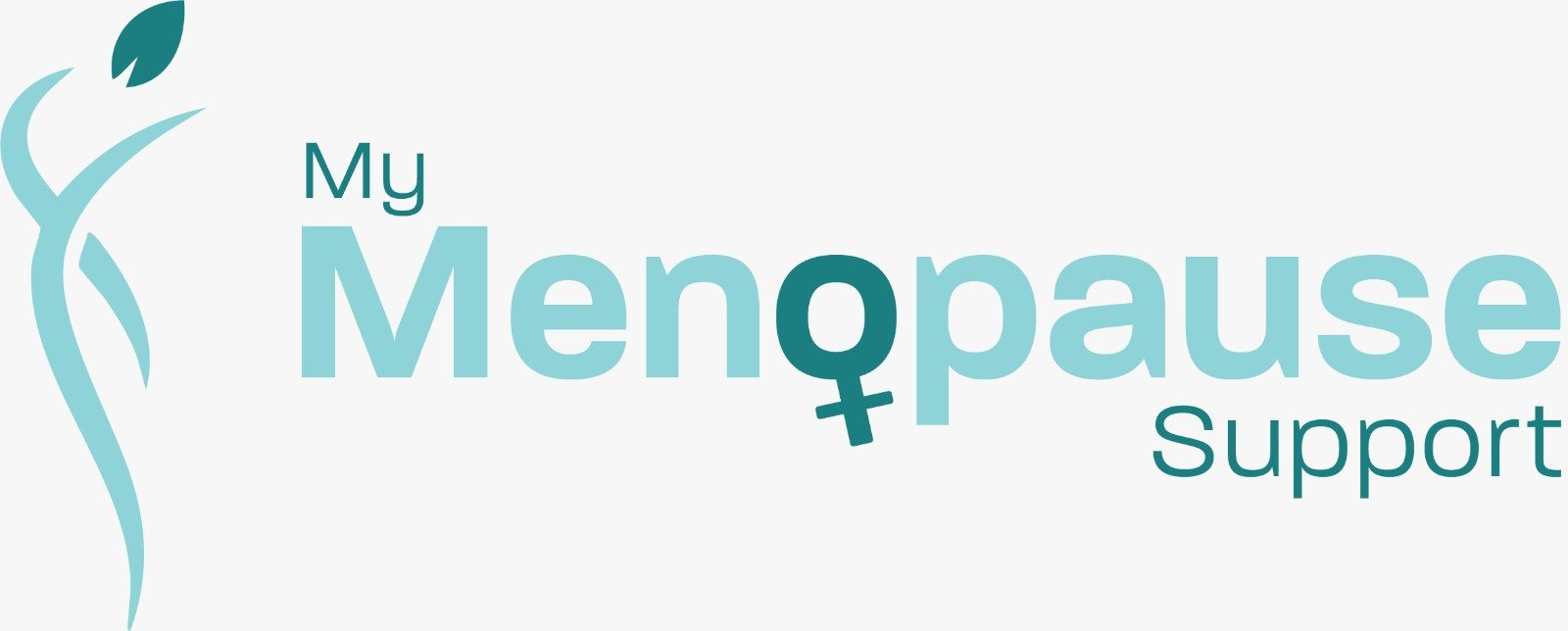Menopause Health & Wellness
Managing Depression & Low Mood in Menopause with Dr. Sonia Dudeja
Navigating Low Mood and Depression During Menopause
Has the joy been drained from your life? If you’re grappling with a persistent feeling of flatness, a loss of interest in things you once loved, or a heavy sense of sadness, you are not alone. The menopausal transition is a period of significant vulnerability for developing depressive symptoms, even in women who have never experienced them before. This is more than just a “bad mood”; it’s a profound emotional state driven by the significant neurochemical shifts happening in your brain.
At MyMenopauseSupport.org, Dr. Sonia Dudeja understands the critical importance of your mental health. We create a safe, non-judgmental space to explore these feelings. It is essential to differentiate between a hormonally-driven low mood and clinical depression, and we are here to provide an accurate diagnosis and a compassionate, effective treatment plan to help you find the light again.

The Science Behind the Sadness
The Brain-Hormone Connection
The feelings of depression and low mood during menopause have a clear biological basis. Your brain, which is rich in estrogen receptors, is directly impacted by the hormonal changes of this life stage.
The Serotonin Disruption
Estrogen plays a vital role in the production and regulation of serotonin, the brain's primary mood-stabilizing neurotransmitter. As estrogen levels fluctuate and fall, this can lead to a direct drop in serotonin, which is a key factor in the development of depression.
The Cortisol Connection
The stress of hormonal changes and other disruptive symptoms can lead to elevated levels of cortisol, the stress hormone. Chronically high cortisol is strongly linked to an increased risk of depression.
The Domino Effect of Symptoms
The link isn't just chemical. The relentless nature of other menopausal symptoms—chronic poor sleep, persistent fatigue, disruptive hot flushes, and frustrating brain fog—can be emotionally and physically draining, creating a perfect storm that can trigger or worsen a depressive episode.
Your Path Forward
A Compassionate Strategy for Your Mental Health
You do not have to “push through” these feelings on your own. Dr. Sonia Dudeja’s approach is to provide a thorough assessment and a multi-faceted treatment plan that addresses both the biological and lifestyle factors contributing to your low mood.
Comprehensive Medical Consultation
- Your care begins with a deep and empathetic conversation with Dr. Dudeja. We will carefully assess your symptoms to make an accurate diagnosis, understanding the nuances between a hormonally-driven low mood and major depressive disorder.
Evidence-Based Medical Treatments
- Hormone Replacement Therapy (HRT): For many women, particularly in perimenopause, HRT can be a highly effective treatment for low mood. By stabilizing the estrogen fluctuations that disrupt brain chemistry, it can directly address the hormonal root cause of the depressive symptoms.[6]
Integrated Wellness & Lifestyle Support
- Personalized Nutrition: There is a powerful link between your gut and your brain. We provide guidance on an anti-inflammatory diet rich in nutrients that support mental health, such as omega-3 fatty acids and B vitamins, while helping you stabilize your blood sugar to avoid energy and mood crashes.
- The Power of Movement: Regular, moderate exercise is one of the most effective non-medical strategies for improving mood. It acts as a natural antidepressant by releasing endorphins and reducing stress hormones. We will help you find a form of movement that you enjoy and can sustain.
- Mindfulness & Stress Reduction: Practices like mindfulness and meditation can help you break the cycle of negative thought patterns that often accompany depression. We provide tools and resources to help you build emotional resilience and manage stress effectively.


Frequently Asked Questions
It was very comfortable talking to Dr Dudeja about the symptoms I have been experiencing. She made me feel at ease so I could explain everything in detail.
I was made to feel at ease and comfy very quickly which helped me relax and explain my struggles and symptoms .

